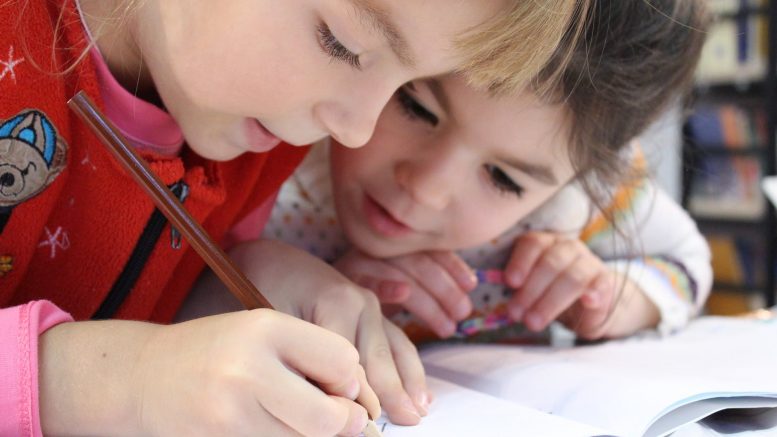A new study shows that one in five young Brits struggle with mental health disorders.
A report conducted by the NHS revealed that 16.9% of 17 to 19-year-olds showed symptoms of emotional, behavioural, hyperactivity and other less common mental illnesses. The most prevalent types of diseases experienced by young people were emotional disorders.
The “Mental Health of Children and Young People in England, 2017” survey gathered data from 9,117 children and young people across England in the form of a questionnaire. In the event they were too young to fill it out themselves, it was completed by a parent or teacher.
For the first time ever, the report even examined toddlers, concluding that 5.5% of two to four-year-olds had a mental illness.
The rates of mental illnesses increased over time, as shown in a 1.5% increase of overall prevalence of mental disorder in the five to 15-year-old age group. Notably, one in every eight of five to 19-year-olds during this time were found to have two or more individual mental disorders.
“The growth in emotional disorders in children between 2004 and 2017 is a serious cause for concern,” said Mark Rowland from the Mental Health Foundation.
“Those most at risk of mental disorders are children from low income households, children whose parents have poor mental health or are in receipt of a disability payment, and 14 to 19 year olds who identified as LGBTQ,” he added.
Another reason for the increase in numbers may be the fact that mental health disorders only began being widely diagnosed from 1999. There is little knowledge or register on the scale of mental health crisis prior to this.
It was also emphasised that to count as a disorder, symptoms had to cause significant distress to the child or affect their functioning. Bullying and cyberbullying were closely linked to the emotional distress. About 60% of young people with a disorder were bullied last year; over 40% suffered from cyberbullying. Those without disorders were almost twice less likely to be bullied. It was also found that 25.5% of the 11 to 16-year-olds diagnosed with mental health disorders were more likely to self-harm or attempt suicide.
If you need someone to talk to, please call:
- Samaritans helpline: 116 123
- NHS England: 111 or NHS Direct 0845 46 47 (Wales)
- Emergency services: 999
- Sane line: 0300 304 7000
Featured image: Pexels
Words: Boglarka Chamer | Subbing: Elise Fritts

